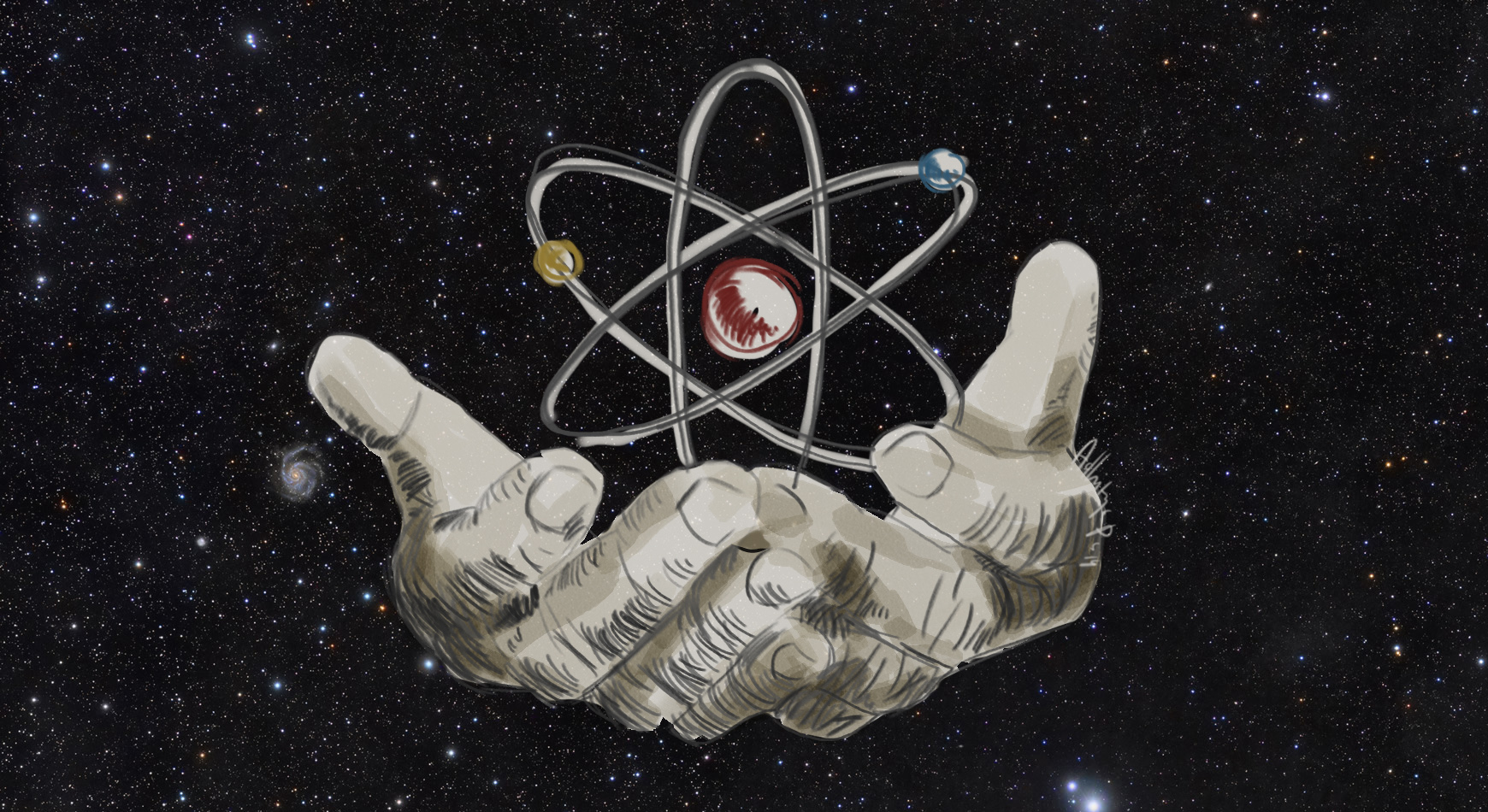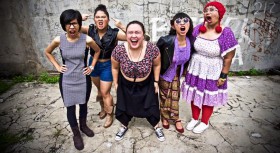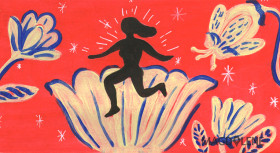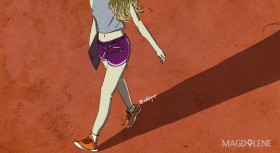This is not the best of times in Indonesia. A nation barely recovering from the torturous presidential election campaign and the unfinished business of the losing party team’s litigation against the Election Committee in Constitutional Court, it has to face with the emergence of ISIS, the Islamic State of Iraq and Syria.
In an unprecedented move, the Indonesian Ulema Council (MUI), together with sundry Islamic organizations concertedly rejected ISIS, condemning its movement as against the tenets of Islam and its radicalism against the tradition of the faith. And just as promptly, the authority issued sanctions against the illegality of ISIS’s presence in Indonesia.
Most of us who have witnessed for years the openly flagrant violations by the Islamic Defenders Front (FPI) and religious conflicts throughout the archipelago and the general connivance of religious institutions and the authority must be stricken by surprise with the rounded response almost from all corners.
Has the paradigm shifted? Have we reached the ideal equilibrium of a democratic state in which religion and constitutions work side by side harmoniously? If you had watched the panel discussion on Metro Television’s Forum Talk, consisting of the head cleric of Istiqlal Mosque and MUI head, a brigadier general of the police force, an expert on Middle-East and a representative of the People’s General Assembly, you would have been amazed by how clearly and eruditely each party had brought his perspective on the issue. The discussion ranged from the origin of ISIS to preventive cautions and curative measures to be focused on the breeding grounds of fundamentalism in impoverished regions and their unjustly treated populations.
This is all very encouraging news. By itself the biggest step ever toward a pluralistic society. Meanwhile, another piece of news flashed across the media. A renowned intellectual, Rocky Gerung, walked out from a one-day seminar on quick counts, ethics of survey research institutions and the responsibility of scholars. Rocky Gerung was reported to have objected to the moderator’s, Mohammad Sobari’s, opening statement, which he had found to be partial and unscholarly. Sobari was said to have openly disparaged one of the two presidential candidates, Prabowo Subianto.
Here lies the crux of the matter. Where must we stand? The facts are all out there. ISIS is headed by Abu Bakr al-Baghdadi, an Iraqi jihadist, with an ambition to found a caliphate. Its ruthless forays throughout Iraq and further afield to Syria have accumulated a death toll in the thousands. Their target: the Shiites wherever they could find them.
The New York Times wrote on June 15, 2014: “And that is exactly the group’s stated intent: to stoke a return to all-out sectarian warfare that would bolster its attempts to carve out a Sunni Islamist caliphate that crosses borders through the region.”
As for Prabowo, his name has been linked to human rights violations in Kraras, Timur Leste, 1983, in which, according to the National Commission on Human Rights (Komnas HAM), more than 183 people were executed. The village has since been called Kampung Janda, Widows Village, for most males were systematically exterminated during the military operation. From 1997 to 1998, Prabowo’s name was also linked to the abduction of activists. Thirteen of them are still missing. These facts are publicly available and provided by reliable researches.
While Gerung might object to Sobari’s impartial jives about Prabowo, what would he think of the Great Imam of Istiqal Mosque, Ali Mustapha Yakob’s coinage of ISIS as Ikatan Setan Islam Sesat (Band of Satan’s Misguided Islam) on public television? Was the great Imam’s statement unscholarly? Or partial?
What are the roles of scholars, scientists and public thinkers on such matters that concern the whole nation? Aren’t they the persons we go to first for clear and un-minced words of the truth?
In their pursuit of clear and certain light of the matter on hand, we naturally expect that they conduct their research and do their analysis in their utmost scholarly, scientific and intellectual best, i.e. for impartial objectivity. However, at crunch time, when the balance between impending danger and safety of a country weighs on the good and knowledgeable synthesis of their findings, shouldn’t we demand that they be decisive and forthright: i.e partial to the truth of the matter? Thus, the Great Imam’s of Istiqlal’s final verdict on ISIS after a lengthy delineation of the origin of ISIS as movement against Islam as a faith and the derogatory use of the Prophet’s name for acts of violence.
One can accept Rocky Gerung’s objection to Sobari’s dismissive tone and manner in his opening statement at the seminar, but one wonders if his walking out of the seminar might not be construed as unscholarly. Like most informed citizens of the state, embroiled for months in the trails of the most absurd black campaigns and power-play subterfuges gradually unraveled as bogus spin from the Prabowo’s camp, Sobari is acceptable for being scabrously candid in his disdain. Whereas Gerung, of a scholarly nature, could very well check Sobari’s enthusiasm by interjections and bring the discussion back to a more scholarly proceeding. Or better yet, he could engage on Sobari’s proclivity by positing something more scholarly and embark on a commentary on the general deplorable state of euphoria in the aftermath of Jokowi’s triumph.
Whichever approach Gerung takes will show his hallmark integrity as a scholar, but certainly not by walking out of a seminar like a bruised scholar. It was as if he took it as a personal offense, which is by itself not objective, that Sobari should be ranting on Prabowo’s foibles.
One should perhaps allow for the fact that the shenanigans foisted on many informed persons like Sobari by Prabowo are at best degrading and at its worst, imbecile. Take for example, Prabowo’s firm belief of the quick count results presented by a couple of dubious survey research firms that to this date on demand by public can’t yield verifiable data. And as this is going to press, one of his advocates threw a curve ball at Constitutional Court, by objecting to the national recapitulation results on the ground that Prabowo’s side did not sign the final tally. The Chief Justice stated in sheer incredulity: “Because he walked out?”
Gerung wrote an article on cynicism. He deplores the euphoria of intellectuals for being overtly partial and that the meaning of cynicism has lost its true function in derisory exchanges. For him a cynic doesn’t stand neutral between parties nor in the masses.
“Cynicism stands above on a tribune, so that it can see from inside and outside of the arena.”
Nicely put. For a thinker who prefers the vantage point of an ivory tower at a safe distance from the general fray of the day. You then wonder though, from that tribune, what has Gerung delivered to us? A short essay on cynicism? He has been particularly quiet throughout the election process, in glaring contrast to the time when he and various friends actively campaigned for Sri Mulyani, previously Finance Minister in Susilo Bambang Yudhoyono’s administration, to be the next president.
Peter Sloterdijk describes this peculiar ailment of bios theorethikos in The Art of Philosophy. It’s a tradition that stretches back to the beginning of thought. To think is to retreat from the world in the seclusion of the vaulted hall of peace and quiet. Sloterdijk illustrates this point by bringing up Socrates’s final request of Crito to return a cock to Asclepius before facing punishment by hemlock. The cock, as Sloterdijk interpreted it, is the thinker’s sacrificial offer to the world on his way to the good beyond.
This aptitude of looking beyond the common world from a vantage point has already put the thinker on the margin, made more and more irrelevant these days by the more socially involved scientists. And more importantly “it has disrupted established social solidarity…and shared concern for ‘real life’."
To think is to involve the social. A thinker is bound in a “sworn fellowship of the quest for truth,” according to Sloterdijk in “In the World Interior of Capital."
To think is to intervene in the divide in search for the light of the intervallic, the third factor, on which the self-confined divide discovers a universal plane. To think therefore has nothing to do with being neutral, objective or on this or that side of the masses: thinking is an orientation that opens up positions, never folded back into a definable term. Thinking has no place, or a tribune. It recognizes no sanctuary.
While Gerung proposes the true function of cynicism, he fails to show us the true example of the cynic of the ages: Diogenes.
One story that has passed down to us about Diogenes has it that he goes to the market place with a lit candle in his hand. When asked why he’s carrying a lit candle in broad daylight, Diogenes answers: I’m looking for a human being. Diogenes thus brings his thought to practice in the real world. He intercepts the unthinking daily routine and prods a thought into action.
That is the true function of cynicism, unlike the one proposed by Gerung, which, when properly understood, yields nothing of value in practice other than the description of the scout on reconnaissance from the lofty height of the battlement. Description is by nature circular. It accrues more definitions or clarity to the matter, but itself is engulfed within the circularity. In a world so entrenched in its divide, a clear and precise intervention is required to disentangle the knot.
For Sloterdijk and a lot of us who still believe what thought can do, Diogenes’s cynicism is wisdom as practice: an immersion, an involvement, in the divide for a prescriptive measure. A condemnation, a verdict, a call for new directions, a firm and yet scholarly produced response, that is what we ultimately expect from public thinkers.
About Richard Oh
Richard is a writer, filmmaker and bibliophile. He owns The Reading Room cafe/library in South Jakarta.








Comments